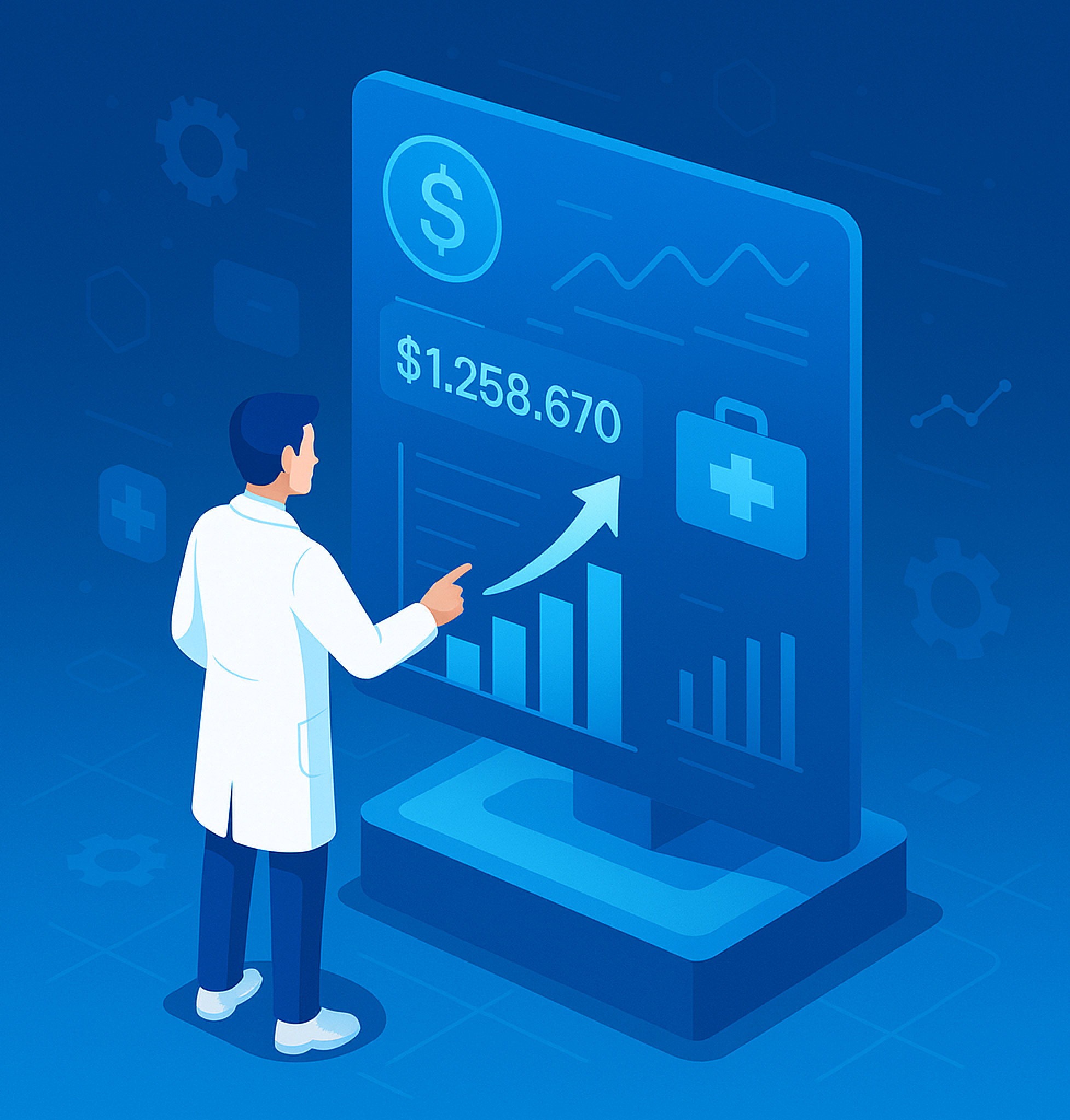The Consequences of Accelerated Business Decisions
Commercial teams can quickly find relevant information, reducing response times and enabling them to make better-informed decisions more quickly. This change in data processing has the potential to significantly increase market responsiveness in the pharmaceutical industry. It is crucial to comprehend how HCPs (Healthcare Professionals) Internet marketing messaging. The influence of the message on prescribing decisions and HCP attitudes becomes critical. Missed market opportunities or large financial losses could result from any delays in recognizing a badly received message. A product launch or marketing effort can succeed or fail based on timely insights in this area. Life sciences companies must prioritize real-time data analysis of key decision-driving metrics. AI-powered tools allow marketers to gain rapid, comprehensive insights into HCP behavior, enabling agile strategy adjustments and optimized messaging for better outcomes. Companies can, for instance, track how HCP populations react to marketing messages, enabling modifications before widespread implementation. Particularly in competitive treatment settings where every second matters, this agility is essential.
Maintaining Data Quality and Integrity
Given the growing reliance of pharmaceutical companies on real-time data, ensuring data reliability is paramount. Healthcare-focused AI systems prioritize privacy, security, and governance. Leveraging extensive medical data, expertise, and proprietary technology delivers accurate and trustworthy data for AI models. When working with healthcare data, you must prioritize data validation and artificial intelligence (AI) elevates speed, consistency, and scalability. By automating a large part of data handling, AI eliminates human biases and fatigue, which often degrade the quality of analysis.
Important Implementation Challenges
Despite their revolutionary potential, pharmaceutical organizations may face several obstacles when deploying AI-enhanced real-time data methods. A brief summary of strategies for addressing and resolving these issues is provided below.
Data Quality and Integration:
Life sciences companies often face challenges integrating disparate data sources, resulting in inconsistent formats and incomplete datasets that hinder AI model performance. To address this, they must invest in strong data governance frameworks and rigorous data cleansing processes.
Regulatory Concerns:
Navigating complicated regulatory environments and ensuring the ethical use of data can be challenging. Establishing precise ethical standards for applying AI and collaborating with regulatory agencies early on are crucial first steps. Routine audits can guarantee compliance with privacy regulations, such as HIPAA.
Shortage of Talent:
It needs specific knowledge to apply AI to real-time data techniques. Bridge the skills gap by upskilling current staff members and cultivating alliances with seasoned AI solution suppliers.
Adoption and Scaling:
There may be opposition to the introduction of new AI tools. To guarantee broad adoption, businesses must promote an innovative culture, conduct trial projects, and understandably communicate the advantages of AI.
Strategic Alignment:
Ensuring that AI projects align with broader company goals can be challenging. To guarantee that AI investments deliver real value, teams should regularly review and adjust AI plans in response to market demands and performance indicators.
Critical Trends and Strategic Methodologies
AI-driven real-time data utilization is revolutionizing pharmaceutical advertising. Instead of taking weeks, marketing professionals can now develop a well-informed broad plan in just a matter of a few minutes. Beyond the exponential increase in automation and speed, several significant themes are emerging that demonstrate how businesses can use AI to drive success.
Tailored Promotion:
By evaluating real-time data from multiple sources, artificial intelligence empowers businesses to develop highly customized marketing strategies. Customized communications ensure that the right information reaches the appropriate HCP (Healthcare professional) and patient audiences at the right moment.
Predictive Analytics:
Pharmaceutical companies can deploy resources more efficiently by using AI-powered predictive analytics to foresee market trends. With well-informed forecasts about which products are likely to be in demand and where businesses can utilize their marketing resources more effectively.
Increased Interaction with Customers:
Chatbots and virtual assistants powered by AI can help patients and healthcare professionals in real-time, increasing consumer satisfaction and engagement.
Optimized Content Creation:
To increase the likelihood of favorable replies, generative AI can create relevant and engaging marketing material customized to real-time information.
Monitoring Campaigns in Real-time:
AI can track the effectiveness of marketing initiatives over time, allowing teams to make data-driven tweaks and proactively improve.
Regulations and Compliance:
AI can lower the risk of non-compliance by ensuring that promotional efforts follow legal requirements and sending out signals for necessary modifications.
Market Segmentation:
Using customized promotional techniques, AI can analyze real-time data to segment markets more precisely.
An Accelerated Route to Advancement
The pharmaceutical sector is changing as a result of AI’s incorporation into real-time data use. Businesses can improve decision-making, promote commercial success, and maintain an advantage in a market that is becoming more and more competitive by utilizing real-time analytics. Pharmaceutical marketing has a data-driven and AI-enhanced future with the correct tactics and resources in place.
Read Whitepaper Use Of Real-Time Analytics In Population Health



